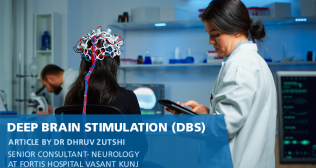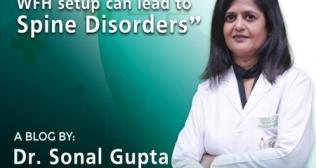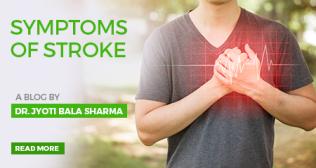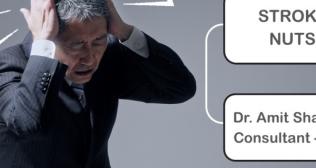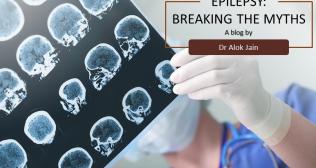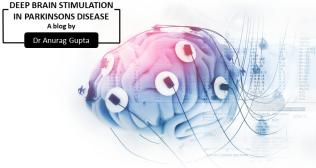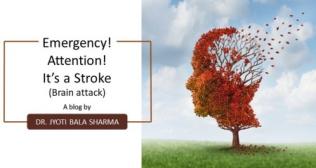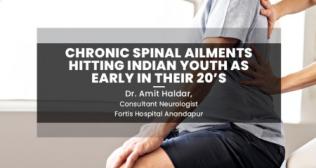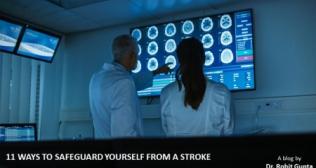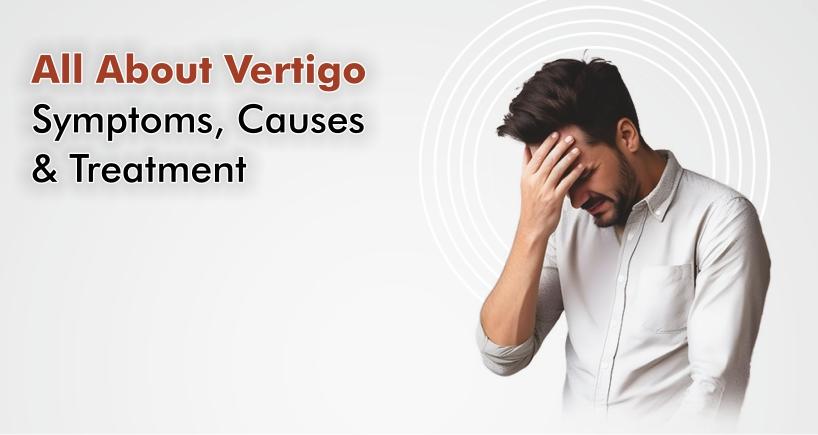
All About Vertigo- Symptoms, Causes and Treatment
Vertigo is a feeling of movement of self or surroundings when there is no actual movement.
Vertigo can come and go and may last for seconds, minutes, hours, or days and worse on moving head e.g. sitting up, standing up, turning over in bed, or bending down to pick up the fallen object.
True vertigo or not?
People use the term vertigo interchangeably to describe various symptoms dizziness, lightheadedness, and feeling you are about to faint. Patients should try to narrate exact symptoms rather than vaguely using the term vertigo.
Common causes of vertigo
Vertigo typically happens when there is a problem in the balancing system which includes the inner ear and brain.
Benign paroxysmal positional vertigo (BPPV) is the term used to describe episodes of vertigo that are typically brief, lasting a few seconds to less than a minute, triggered by changing position.
BPPV can be treated effectively with a procedure called Epley manoeuvre. Vertigo improves immediately after this manoeuvre or within a day or two.
Vestibular neuritis — Vestibular neuritis is thought to be related to a virus that causes swelling around the nerve involved in maintaining balance. People with vestibular neuritis develop sudden, severe vertigo; nausea; vomiting; and difficulty walking or standing up. Some people also develop hearing loss in one ear.
Vestibular migraine or migrainous vertigo — Migraine can be a cause of episodes of vertigo. Most people with vestibular migraine also have headaches that can either accompany the spells of vertigo or occur separately. Motion sickness is often seen in these patients.
Other causes of vertigo — Many other conditions can cause vertigo. They include:
●Head injury
●Medications
●Problems affecting the brain – Brain stroke or mini-stroke (TIA), bleeding in the brain, or multiple sclerosis
People often think cervical spondylosis is the cause of vertigo which is not true. Cervical spondylosis causes neck pain in most patients, vertigo may occur rarely in an advanced stage of cervical spondylosis.
When to take vertigo seriously?
Patients with dizziness or vertigo should seek urgent medical help if any of the following is present:
- New or severe headache
- Seeing double or having trouble seeing clearly
- Trouble speaking or hearing
- Weakness in your arm or leg
- An inability to walk without assistance
- Uncontrollable hiccup
- Vomiting that will not stop
- Passing out
- Numbness or tingling
- Fever higher than 100.4ºF (38ºC)
- Chest pain
Seek immediate help
If vertigo lasts for several minutes or more and in the presence of the following risk factors
● Age 60 years or older
● History of brain stroke in the past
● Have risk factors for stroke (e.g., high blood pressure, diabetes, or smoking)
Treatment of Vertigo
The prescription medicines to treat severe vertigo symptoms should be taken for short duration -two to three days. Continuing to take these medications delays long-term recovery.
Vestibular rehabilitation exercises are the most important part of treatment. These are specially designed to help your brain adjust its responses to changes in the head position.
Categories
Clear allMeet the doctor

- Neurology | Neurology
-
26 Years
-
1200







